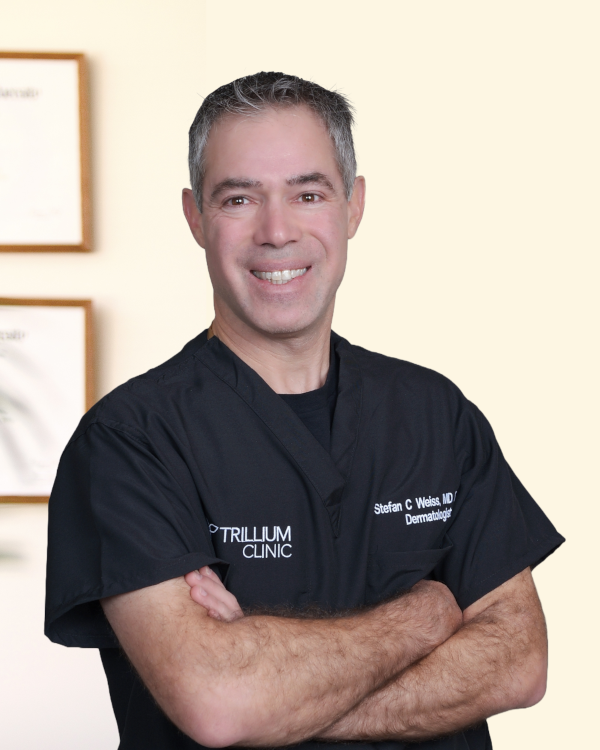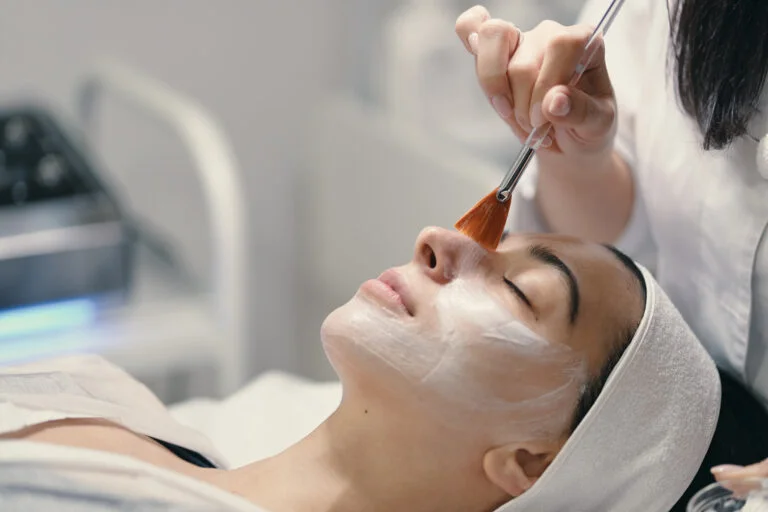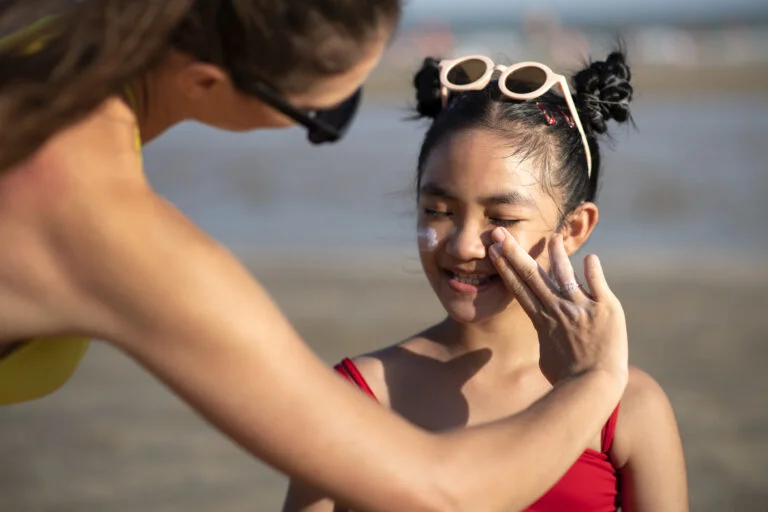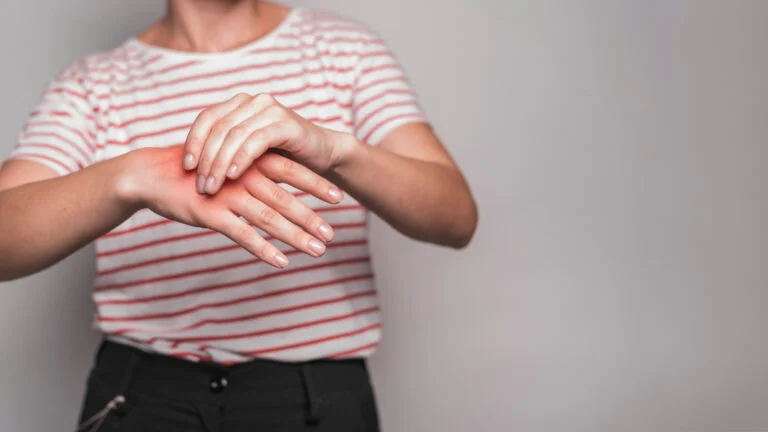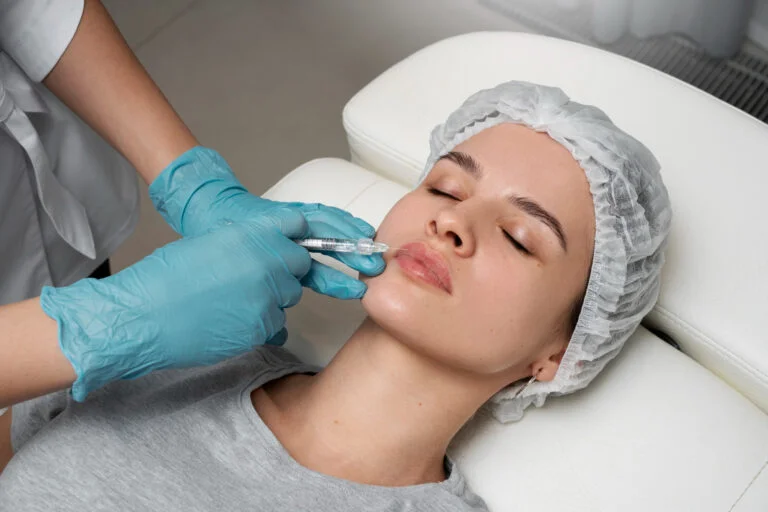Acne is a prevalent skin condition affecting millions of people globally, from teenagers to adults. Finding an effective acne treatment can be challenging but with the right knowledge and approach, you can achieve clear, healthy skin. This comprehensive guide explores various acne treatments, from topical solutions to advanced therapies, to help you find the best approach for your skin type and condition.
Understanding Acne
Acne develops when hair follicles become clogged with oil and dead skin cells, resulting in pimples, blackheads, and whiteheads. Factors contributing to acne include hormonal changes, genetics, diet, stress, and certain skincare products. Understanding the root causes of acne is crucial for selecting the most effective acne treatment.
Topical Acne Treatments
Topical acne treatments are often the first line of defense against acne. They can be applied directly to the skin and are accessible either over-the-counter or through prescription.
Benzoyl Peroxide
Benzoyl peroxide is a widely used topical acne treatment that kills acne-causing bacteria and reduces inflammation. It is offered in different strengths and formulations, such as gels, creams, and cleansers. Benzoyl peroxide is effective for mild to moderate acne but can cause dryness and irritation, so it’s essential to use it as directed and moisturize the skin.
Salicylic Acid
Salicylic acid, a beta-hydroxy acid (BHA), exfoliates the skin, clears pores, and diminishes inflammation. It’s often included in acne cleansers, toners, and spot treatments. Salicylic acid is suitable for treating blackheads and whiteheads and is often used in combination with other acne treatments for better results.
Retinoids
Retinoids, derived from vitamin A, are powerful topical treatments that promote cell turnover and prevent clogged pores. Prescription retinoids, such as tretinoin and adapalene, are stronger than over-the-counter options such as retinol. Retinoids are effective for treating all types of acne and improving skin texture but can cause dryness and irritation initially.
Oral Acne Treatments
For moderate to severe acne, oral medications may be necessary. These acne treatments address acne from within the body and are typically prescribed by a dermatologist.
Antibiotics
Oral antibiotics, such as doxycycline and minocycline, reduce acne-causing bacteria and inflammation. They are often used in combination with topical treatments for enhanced effectiveness. Long-term use of antibiotics is not recommended due to potential side effects and antibiotic resistance, so they are typically prescribed for a limited duration.
Hormonal Treatments
Hormonal treatments, including birth control pills and anti-androgens like spironolactone, are effective for women with hormonal acne. These medications control hormone levels and lessen sebum production, which is the oily material that clogs pores and causes acne.
Isotretinoin
Strong oral retinoid isotretinoin, better known by its brand name Accutane, is prescribed for severe cases of acne that do not improve with other treatments. It significantly reduces sebum production and can lead to long-term acne clearance. However, isotretinoin has potential side effects, including dryness, sensitivity, and teratogenicity, so it requires careful monitoring by a dermatologist.
Advanced Acne Treatments
For those who do not respond to traditional treatments, advanced therapies offer additional options for managing acne.
Chemical Peels
Chemical peels involve applying a solution to the skin that exfoliates the outer layer, promoting cell turnover and reducing acne lesions. Peels containing salicylic acid, glycolic acid, or trichloroacetic acid (TCA) are commonly used for chemical peels acne treatment. Regular chemical peels can improve skin texture, reduce acne scars, and prevent future breakouts.
Laser and Light Therapies
Laser and light therapy minimizes inflammation by specifically targeting bacteria that cause acne. Blue light therapy, for instance, is effective in killing bacteria, while red light therapy reduces inflammation and promotes healing. Fractional laser treatments can also improve acne scars by stimulating collagen production and resurfacing the skin.
Microneedling
Microneedling involves using fine needles to create controlled micro-injuries in the skin, promoting collagen production and improving acne scars. This treatment can be combined with radiofrequency or platelet-rich plasma (PRP) for enhanced results. Microneedling is suitable for all skin types and can significantly improve skin texture and tone.
Natural and Home Remedies
For those seeking more natural approaches, several home remedies can help manage acne. While these methods may not be as potent as medical treatments, they can be beneficial as part of a comprehensive acne care regimen.
Tea Tree Oil
Tea tree oil has natural antibacterial and anti-inflammatory properties, making it an effective spot treatment for acne. Dilute tea tree oil with a carrier oil, such as jojoba oil, and apply it to affected areas. Patch testing is essential to avoid skin irritation.
Aloe Vera
Aloe vera is known for its soothing and anti-inflammatory properties. Applying aloe vera gel to the skin can help reduce redness and inflammation associated with acne. It can also promote healing and hydration.
Honey and Cinnamon
A mask made from honey and cinnamon has antibacterial and anti-inflammatory benefits. Mix a teaspoon of cinnamon with two tablespoons of honey and apply it to the skin for 10-15 minutes before rinsing off. This mask can help reduce acne and improve skin texture.
Lifestyle Changes for Acne Prevention
In addition to treatments, certain lifestyle changes can help prevent and manage acne.
Healthy Diet: Eating a balanced diet including fruits, vegetables, lean proteins, and whole grains can improve skin health. Avoiding high-glycemic foods and dairy products may also reduce acne flare-ups.
Proper Skincare Routine: A consistent skincare routine with gentle, non-comedogenic products can prevent clogged pores and reduce acne. To preserve the balance of your skin, wash your face twice a day, exfoliate frequently, and moisturize it.
Stress Management: Stress can exacerbate acne, so incorporating stress-reducing activities like exercise, meditation, and adequate sleep are beneficial for skin health.
Avoid Picking or Squeezing Pimples: Picking at acne can worsen inflammation and lead to scarring. Instead, use appropriate treatments to address breakouts.
Consulting a Dermatologist
For persistent or severe acne, consulting a dermatologist is crucial. A dermatologist can diagnose the type and cause of acne, prescribe appropriate treatments and monitor your progress. Professional guidance ensures that you receive the most effective and safe treatment for your skin condition.
Conclusion
Achieving clear, healthy skin is possible with the right approach to acne treatment. Whether you opt for topical solutions, oral medications, chemical peels acne treatment, advanced therapies, or natural remedies, understanding your skin’s needs and following a consistent regimen is key. By incorporating lifestyle changes and seeking professional guidance when necessary, you can effectively manage acne and enjoy radiant, blemish-free skin.
Dr. Stefan Weiss is an internationally renowned, board-certified dermatologist with over two and a half decades of experience providing his patients with the best non-invasive treatment options. Dr. Weiss takes a holistic approach and embraces a less-is-more philosophy, creating customized skincare routines and treatment plans that cater to the unique concerns and aesthetic goals of his patients. He is consistently identified as one of the Top dermatologists for his dedication to his patients and expertise.
If you are concerned with acne and are interested in learning more about acne treatment options, including laser acne treatments and chemical peel acne treatments, Dr. Stefan Weiss is an expert in Chapel Hill in acne treatment and can create a customized acne treatment plan for you. Contact the office today or call 919-710-8100 to book an appointment with Dr. Stefan Weiss.

